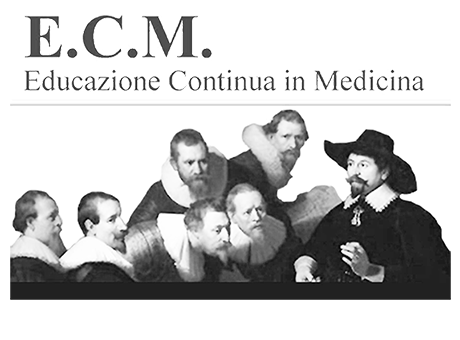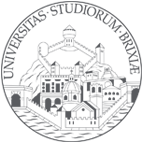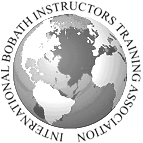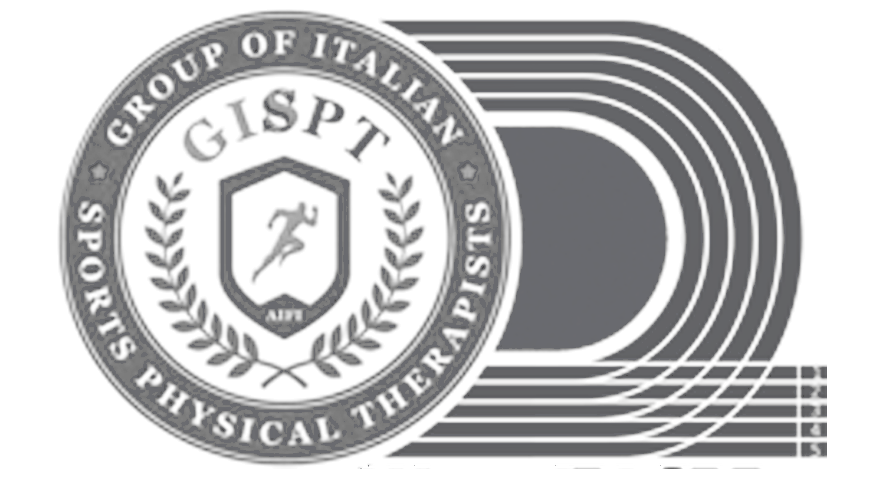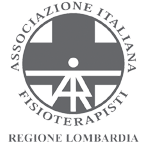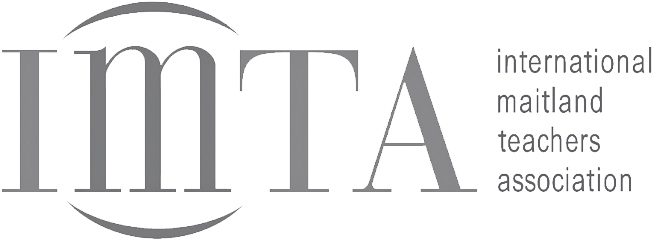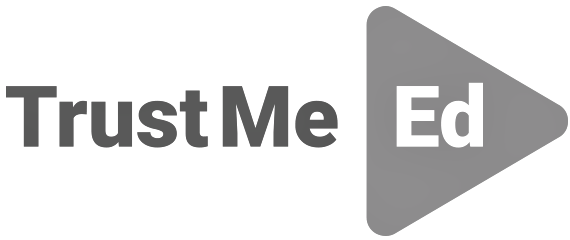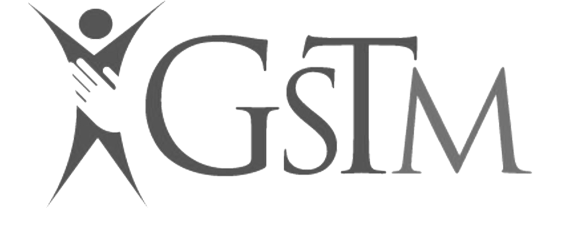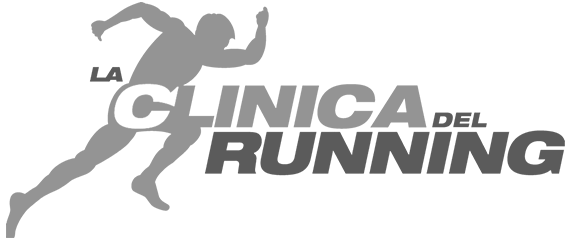November 29, 2023
EM285: IBITA Basic Bobath Course
-
Alba MagriPt, IBITA Advanced Course Instructor
-
Lorenzo Negri
The Bobath concept is a problem solving approach aimed at the evaluation and treatment of people with movement disorders, postural control and function, caused by a central nervous system injury. This approach to adult rehabilitation with central neurological damage originates from the work of Berta and Karel Bobath and has evolved over the last 50 years.
The rationale for its current application is based on current neuroscientific knowledge related to motor control, motor learning, neural and muscular plasticity and current biomechanical knowledge.
The aim of the course is to deepen the theoretical foundations of the concept and translate them into clinical and technical skills aimed at tackling the main rehabilitative problems of adult patients with cerebral injury.
The teaching activity will be divided into theoretical lessons, practices and clinics with demonstration of patient treatment by the teacher in a collective session and by the participants in working couples.
Each activity of the learners will be supervised by the teacher for a constant refinement of the techniques: the goal is to make the student more and more independent in the clinical and competent reasoning in the design and structuring of the specific rehabilitation intervention for each patient. The course is organized according to the IBITA international regulations and the final certification allows access to advanced Bobath courses.
Specific aims:
- Acquire specific terminology to describe the rehabilitative approach to the adult neurological patient according to the Bobath Concept
- Updating knowledge in the biomechanical and neurophysiological fields, especially in relation to postural control, locomotion and reach-to-grasp
- Refine the ability to observe and acquire models for the evaluation of neurological patient problems
- Implement treatment techniques
- Refine and exercise a correct manual in the treatment of the adult neurological patient - Support the comparison and discussion among participants to train the clinical reasoning
- Promote team work
- Promote the evidence based approach based on updated literature
In collaboration with:
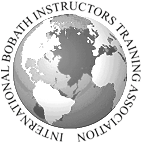
Intended for
Payments
- 2nd deposit €732.00 by date October 30, 2023
- Deposit €732.00
- Balance €610.00 by date March 11, 2024
Calendar
II Module: 02 - 06 April 2024
language
Course Location: Brescia @Sala Formazione Edumed
SCHEDULE
First day
08.30-09.00 Registration of participants and presentation of the objectives of the course
09.00-10.00 Lesson: The Bobath Concept from its origins to today
10.00-11-15 Lesson: Clinical Reasoning and Model of Bobath Clinical Practice (MBCP)
11.15-11.30 Coffee break
11.30- 12.45 Evaluation and treatment of patient A by the teacher in a collective session
12.45-13.00 Summary of evaluation and discussion
13.00-14.00 Lunch
14.00- 15.00 Lesson: Characteristics of efficient movement
15.00-16.00 Practical session: Alignment in an upright position to facilitate the antigravity seal. Orientation of the center of mass on the base of support.
16.00-17.30 Practical session: Analysis and facilitation of efficient movement: Stand-to-sit
Second day
08.30-10.00 Lecture: Neurophysiology of postural control
10.00-11.15 Lesson: Core stability as a multicinetic chain
11.15-11.30 Coffee break
11.30- 12.45 Evaluation and treatment of patient B by the teacher in a collective session
12.45-13.00 Summary of evaluation and discussion
13.00-14.00 Lunch
14.00-15.30 Lesson: Outcome measurement
15.30-17.30 Practice session: Postural control in upright position and ankle strategies
Third day
08.30-11.15 Lesson: Ascending and descending systems
11.15-11.30 Coffee break
11.30- 12.45 Evaluation and treatment of patient C by the teacher in a collective session
12.45-13.00 Summary of evaluation and discussion
13.00-14.00 Lunch
14.00- 15.00 Presentation of a clinical case with video and images using MBCP
15.00-17.30 Linear acceleration and lateral tilt - Brief theory and practice
Fourth day
08.30-11.00 Lecture: Additional functions in the SNC
11.00-11.15 Coffee break
11.15- 12.45 Practice session: Evaluation and positioning of the scapula in a sitting position. Sit-to-stand transition
12.45-13.00 Preparation of the patient treatment workgroups - Clinical documentation
13.00-14.00 Lunch
14.00- 15.30 Treatment of patients by the participants with supervision of the teacher
15.30-16.00 Review of evaluation and discussion in working pairs
16.00-17.30 Practice session: Seated-supine passage
Fifth day
08.30-10.00 Lecture: Upper Motor Neurone Syndrome
10.00-11.15 Practice session: Exercise the core-stability in the supine position
11.15-11.30 Coffee break
11.30-13.00 Supine / side-lying transition and work for the hip extension
13.00-14.00 Lunch
14.00- 15.30 Treatment of patients by the participants with supervision of the teacher
15.30-16.30 Practice session: posterior pass and anterior step in lateral decubitus
16.30-17.30 Guidelines for case-reports to be prepared between the first and second module of the course
Sixth day
08.30-11.00 Lecture: Neurophysiology and biomechanics of locomotion
11.00-11.15 Coffee break
11.15-12.00 Practical session: Alignment from supine and placing response
12.00-13.00 Revaluation of patient A by the teacher in a collective session
13.00-14.00 Lunch
14.00- 15.30 Treatment of patients by the participants with supervision of the teacher
15.30-17.30 Practice session: Preparation of the seated and supine foot
Seventh day
08.30-9.30 Lesson - Main characteristics of the path after central injury
10.30 Practice session: From the supine position to the sitting position - Stand-down
10.30-10.45 Coffee break
10.45-12.00 Practice session: Stance phase
12.00-13.00 Presentation of a clinical case with video and images using MBCP
13.00-14.00 Lunch
14.00- 15.30 Treatment of patients by the participants with supervision of the teacher
15.30-16.00 Review of the treatment and discussion in working pairs
16.00-17.30 Practical session: Rear step
Eighth day
08.30-10.30 Lesson: The role of the cerebellum in motor learning
10.30-10.45 Coffee break
10.45-12.00 Practice session: From standing up to standing prone
12.00-13.00 Revaluation of patient B by the teacher in a collective session
13.00-14.00 Lunch
14.00- 15.30 Treatment of patients by the participants with supervision of the teacher
15.30-17.30 Practice session: Working in prone standing for the selective extension of the trunk, for the setting of the scapula, for reaching over the head, for alignment of the pelvis, for the selective extension of the lower limb, for the distal components of the step.
Ninth day
08.30-10.30 Lesson: Neural and muscular plasticity
10.30-10.45 Coffee break
10.45-12.00 Protraction and retraction of the scapula for abduction
12.00-13.00 Practical session: Functional reaching for the sit-to-booth Practical session:
13.00-14.00 Lunch
14.00- 15.30 Treatment of patients by the participants with supervision of the teacher
15.30-16.00 Review of the treatment and discussion in working pairs
16.00- 17.30 Practical session: Preparation of the heel strike
Tenth day
08.30-10.30 Practice session: First step and facilitation of the journey (general aspects)
10.30-10.45 Coffee break
10.45-12.00 Practice session: Easy to walk (guided by the pelvis and the central key point)
12.00-13.00 Practical session: Easy to walk (guided by the shoulder girdle and by the arm)
13.00-14.00 Lunch
14.00-15.30 Treatment of patients by the participants with supervision of the teacher
15.30-16.00 Review of the manual
16.00-16.30 Ecm
16.30 Conclusion of the first module
A work to be prepared between the first and the second module will be required: a case report / case study to be sent to the teacher / assistant within a defined term as scheduled in the fifth day of the course.
Eleventh day
08.30-10.00 Delivery of the evaluations of the work carried out between the two modules and discussion
10.00-11.15 Practice session - Contactual Hand Orientating Response: short theory and practice
11.15-11.30 Coffee break
11.30- 12.45 Evaluation and treatment of patient F by the teacher in a collective session
12.45-13.00 Summary of evaluation and discussion
13.00-14.00 Lunch
14.00-15.30 Treatment of patients by the participants with supervision of the teacher
15.30-16.00 Review of evaluation and discussion in working pairs
16.00-17.30 Practical session - Trunk constraint for the setting of the scapula: short theory and practice
Twelfth day
08.30-11.15 Neurophysiology of reaching and grasping
11.15-11.30 Coffee break
11.30- 12.45 Evaluation and treatment of the patient G by the teacher in a collective session
12.45-13.00 Summary of evaluation and discussion
13.00-14.00 Lunch
14.00-15.30 Treatment of patients by the participants with supervision of the teacher
15.30-16.00 Review of evaluation and discussion in working pairs
16.00-17.30 Practical session - Review of the postural bases for sitting and standing uptake: consideration on the work of the core-stability multicinetic chain.
Preparation of the scapulo-humeral cingulum for sitting while sitting.
Thirteenth day
08.30-10.00 Lesson: Biomechanics of reaching and grasping and comparison with the pathology
10.00-11.15 Practical session - Alignment and facilitation of the arm and elbow
11.15-11.30 Coffee break
11.30- 12.45 Evaluation and treatment of the patient H by the teacher in a collective session
12.45-13.00 Summary of evaluation and discussion
13.00-14.00 Lunch
14.00-15.30 Treatment of patients by the participants with supervision of the teacher
15.30-17.30 Practical session - Alignment of the radius and ulna, treatment of the tensions of the forearm structures, alignment and facilitation of the wrist extension as a prerequisite to the activation of the hand
Fourteenth day
08.30-10.00 Lesson: Hand recovery after central injury
10.00-11.15 Practical session - Assessment of sensitivity
11.15-11.30 Coffee break
11.30-13.00 Practical session: Preparation of the postural component of the hand, realignment of the tenare region and thumb facilitation, biomechanical preparation of the carpal structures
13.00-14.00 Lunch
14.00-15.30 Treatment of patients by the participants with supervision of the teacher
15.30-17.30 Practice session - Strengthening of intrinsic musculature, digitization, sensory stimulation of the hand. Coordinate the shoulder, arm and hand components for functional reach-to-grasp
Fifteenth day
08.30-10.00 Practical session - The function of the upper limb in different antigravity contexts: reaching in standing
10.00-11.15 Practice session - The role of the upper limb in locomotion
11.15-11.30 Coffee break
11.30-13.00 Patients' treatment by the participants with teacher supervision and final discussion
13.00-13.30 Lunch
13.30-14.30 Last additions to practical sessions and review of manual skills
14.30-15.00 ECM Test
15.30-16.00 Latest questions, delivery of certificates and conclusion of the course
